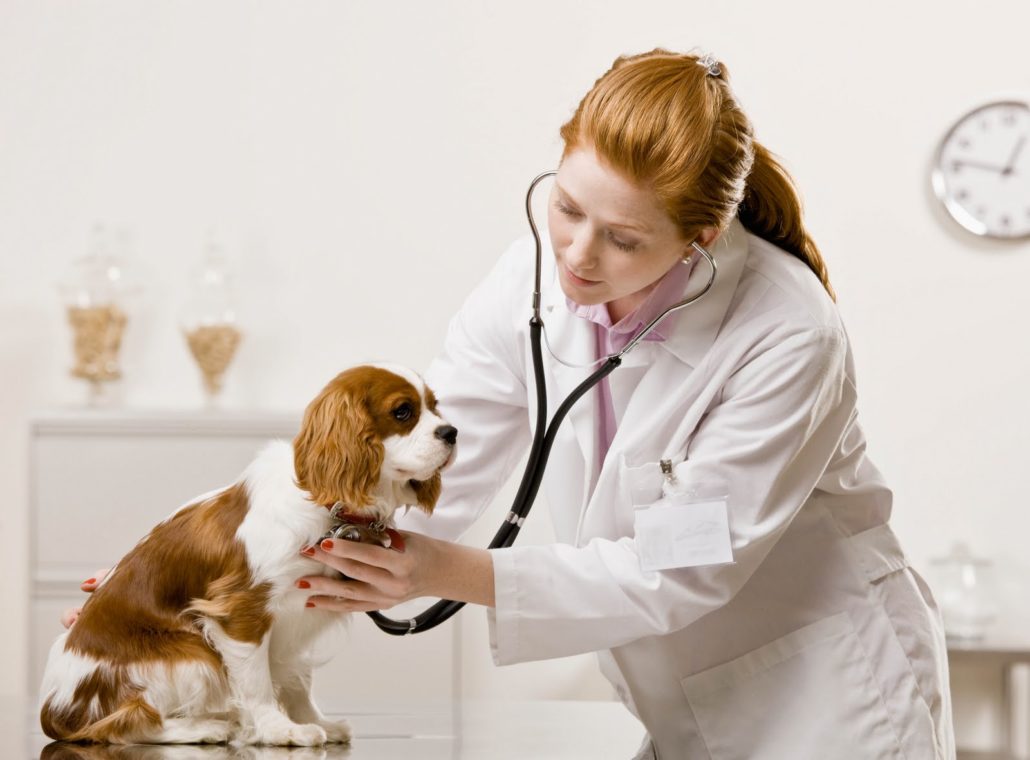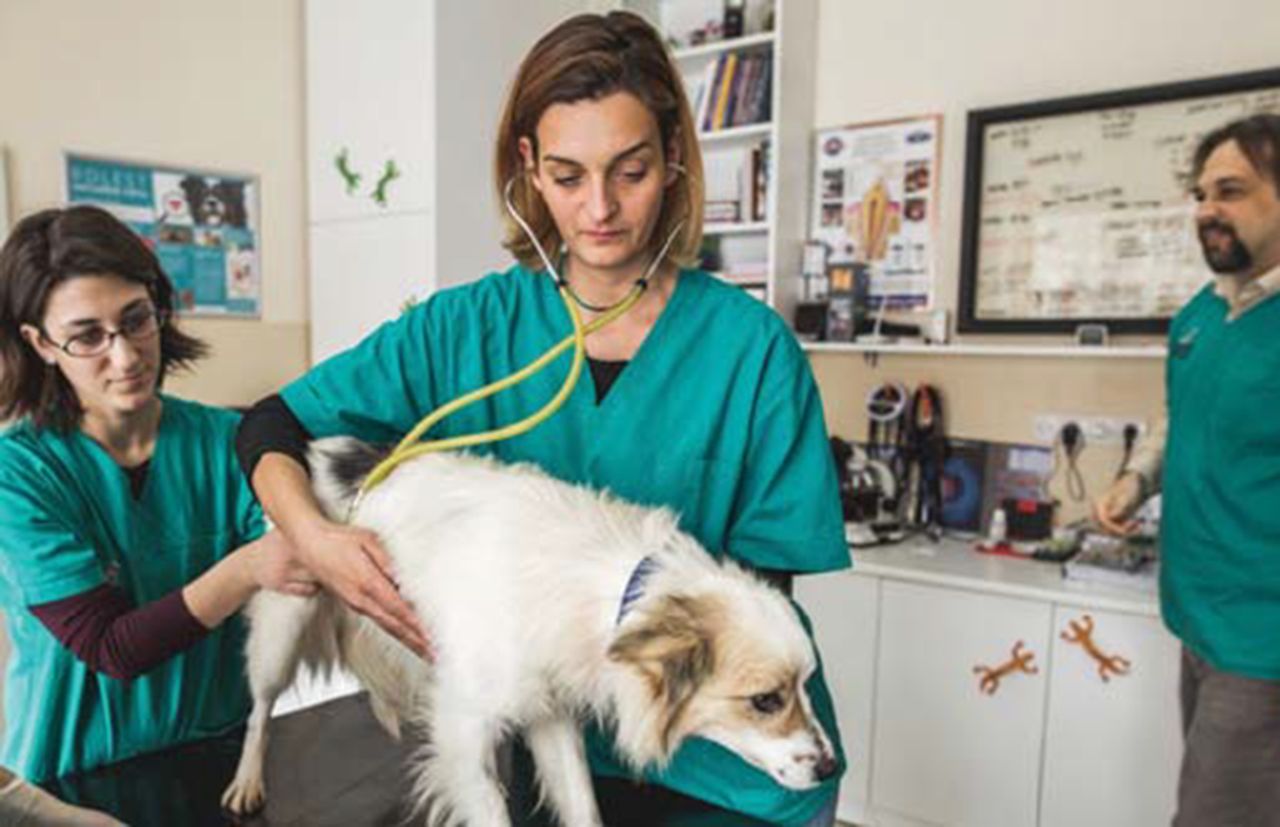Veterinary medicine is a cornerstone of modern society, touching every aspect of our lives in ways that often go unnoticed. While many people associate the profession primarily with domestic pets, veterinarians contribute far beyond the confines of animal care. Their work encompasses human health, food security, wildlife conservation, and the sustainability of ecosystems. In an ever-evolving world that faces emerging diseases, environmental challenges, and the growing demands of the global food supply, the role of veterinary professionals has never been more crucial. This article explores the multifaceted contributions of veterinary medicine and its indispensable value in safeguarding the health of animals, humans, and the planet.
Understanding the Scope of Veterinary Medicine
At its core, veterinary medicine focuses on the diagnosis, treatment, and prevention of diseases in animals. However, its influence reaches much further. Veterinarians care for domestic pets, farm animals, wildlife, and even exotic species, bridging the gap between animal welfare and public health. Their expertise extends into several specialized fields, each contributing to the well-being of society as a whole.
1. Animal Health and Well-being
Veterinarians play a vital role in maintaining the health of animals, from routine check-ups and vaccinations to complex surgeries and emergency care. The primary focus in companion animals, such as cats, dogs, and horses, is preventive medicine. By promoting responsible pet ownership and providing early disease detection, veterinarians help ensure that animals live long and healthy lives.
Beyond household pets, veterinarians also care for farm animals, which are central to the agricultural sector. The health of livestock is not only essential for the welfare of the animals but also for the productivity of farms. Veterinarians monitor and manage the health of cattle, poultry, sheep, and other farm animals, ensuring that they are free from infectious diseases and conditions that could jeopardize food safety and animal productivity.
2. Zoonotic Diseases: The Link Between Animal and Human Health
Zoonotic diseases, which can be transmitted from animals to humans, present significant public health threats. Veterinarians are crucial in monitoring, diagnosing, and controlling these diseases, which include well-known pathogens such as rabies, tuberculosis, and avian influenza. Their role extends beyond the walls of veterinary clinics—they are on the frontlines of public health, helping to prevent the spread of infectious diseases that could result in outbreaks.
The global nature of zoonotic threats underscores the importance of veterinary surveillance systems, particularly in the context of wildlife and domestic animal populations. By identifying diseases in their early stages, veterinarians can mitigate the risk of transmission to human populations. This role is especially critical in a world increasingly impacted by climate change and globalization, where new diseases can emerge and spread rapidly.
3. Food Security and Public Health
Veterinarians play an essential role in ensuring food safety and security, particularly when it comes to the production of meat, dairy, and eggs. The health of animals in food production systems is closely tied to the safety of the food we consume. Veterinarians inspect animals during slaughter, monitor for disease outbreaks, and enforce regulations regarding food safety. Their work is instrumental in preventing foodborne illnesses, such as Salmonella and E. coli, which can be transmitted to humans through contaminated animal products.
Furthermore, veterinarians help manage the health of animals used in agricultural production, ensuring that livestock are raised in environments that promote both animal welfare and efficient food production. By offering advice on biosecurity measures, disease prevention, and humane farming practices, veterinarians support the agricultural industry in meeting the nutritional needs of a growing global population.
The Conservation and Environmental Impact of Veterinary Medicine
In addition to caring for domestic and farm animals, veterinarians are increasingly involved in wildlife conservation and environmental preservation. As biodiversity faces unprecedented challenges due to habitat loss, climate change, and human-wildlife conflict, veterinarians are playing a critical role in preserving species and ecosystems.
4. Wildlife Health and Conservation
Veterinarians working in conservation settings are responsible for treating and rehabilitating injured or sick wildlife. From rehabilitating orphaned or injured animals to contributing to endangered species breeding programs, these professionals provide life-saving care that helps maintain biodiversity. Many veterinarians also work in wildlife reserves or national parks, where they monitor the health of animal populations and contribute to ecosystem management.
Moreover, veterinarians contribute to research that informs conservation policies and strategies. By studying diseases in wildlife populations, veterinarians help identify potential threats to both animal and human health. This research is essential for crafting effective conservation efforts, especially in an era where diseases like Ebola and COVID-19 have underscored the interconnectedness of human and animal health.
5. Veterinarians and the Fight Against Climate Change
Climate change presents a significant challenge to both animal and human health. As temperatures rise, new diseases, pests, and parasites are affecting animal populations, leading to disruptions in ecosystems and food production. Veterinarians are increasingly involved in monitoring these changes, particularly in relation to how they impact animal health. They help track the spread of diseases such as Lyme disease or avian malaria, which are influenced by climate change.
In the agricultural sector, veterinarians are also working to address the challenges posed by a changing climate. From advising farmers on strategies to mitigate the impact of extreme weather to providing guidance on the management of livestock during periods of heat stress, veterinarians play a key role in maintaining both animal health and agricultural productivity in the face of environmental challenges.
The Future of Veterinary Medicine
As the world continues to evolve, so too does the field of veterinary medicine. Veterinarians must adapt to the emerging challenges of a globalized, interconnected world, where new diseases, environmental issues, and ethical concerns are increasingly prevalent.
-
Advancements in Technology: Telemedicine is transforming veterinary care, making it easier for pet owners to access professional advice remotely. Advances in diagnostic tools, such as genetic testing and imaging technologies, are enabling veterinarians to detect diseases earlier and provide more accurate treatments. Additionally, the use of electronic health records and data-sharing platforms is streamlining patient care and enhancing collaboration between veterinarians.
-
Antimicrobial Resistance (AMR): As antimicrobial resistance becomes a growing global health concern, veterinarians play a crucial role in educating the public and implementing responsible prescribing practices. The overuse of antibiotics in both human and animal populations has led to the rise of resistant pathogens, posing a significant threat to public health. Veterinarians are at the forefront of efforts to combat AMR through research, policy advocacy, and the promotion of alternative treatments.
-
Ethical Considerations and Animal Welfare: As society’s attitudes toward animal welfare continue to evolve, veterinarians are increasingly faced with complex ethical decisions. Issues such as factory farming, animal testing, and the use of animals in research require careful consideration. The veterinary profession will need to continue to navigate these ethical challenges while advocating for both the humane treatment of animals and the advancement of scientific knowledge.
Conclusion
Veterinary medicine is a diverse and dynamic field that extends far beyond the treatment of household pets. From safeguarding public health by controlling zoonotic diseases to ensuring food security and preserving biodiversity, veterinarians are integral to the well-being of both animals and humans. Their work in environmental conservation, disease prevention, and food safety positions them as key players in the ongoing effort to create a more sustainable, healthy world. As the challenges of the 21st century grow more complex, the role of veterinarians will only become more vital, underscoring their critical contribution to global health and the preservation of our planet’s ecosystems.







